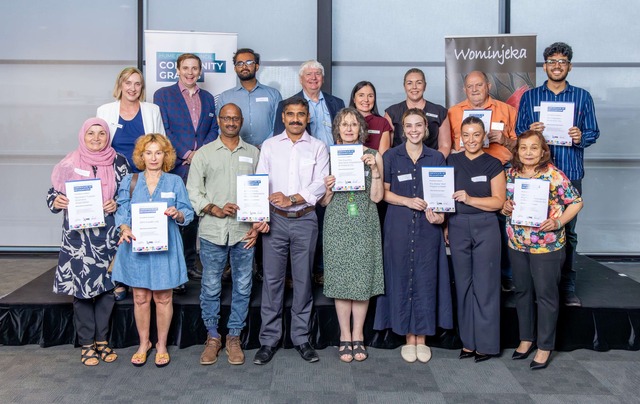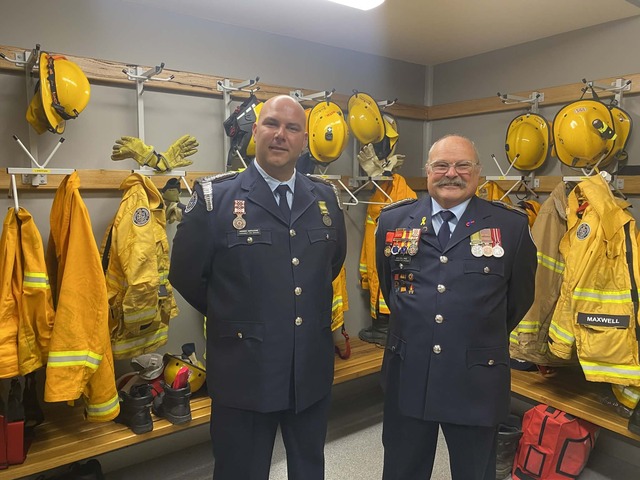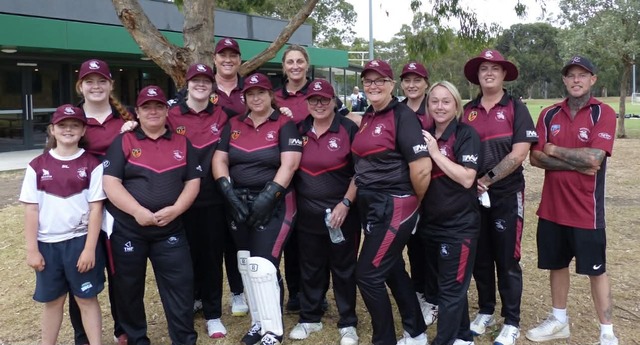A new, quicker pathway to better meet the needs of people living with disabilities and a terminal diagnosis has been discovered.
Palliative Care Australia (PCA) chief executive Camilla Rowland said, “For over 12 months, PCA, our members, and organisations like the Peace of Mind Foundation have been highlighting a growing group of people under 65 unable to access day to day, functional living supports during their last years, months, and weeks of life.”
“People and families have been falling through gaps that exist between health and care services, and we are pleased that our collaborative advocacy efforts have been heard and led to these changes,” she said.
The National Disability Insurance Agency (NDIA) said that the new Priority Access Application Pathway will help to “enable faster NDIS decisions.”
“Overall, this is very welcome news, but it’s important to note the gaps that remain and the growing demand for health and care systems.”
The NDIA has emphasised that, ‘The health and community services operated by states and territories remain responsible for providing palliative care to people with terminal illness, with or without associated disability’ and ‘Those people who are eligible to become NDIS participants should still expect that health and community supports provided by states and territories will meet their palliative care support needs.’
“Over time, many services outside the NDIS that people with a terminal illness rely on have experienced reduced funding, been reprioritise, and closed,” Ms Rowland said.
“Not to forget the growing need in the community, the NDIA themselves have acknowledged that in the last 12 months alone the number of people with a terminal illness seeking access to the scheme has doubled.
“While this new NDIA pathway will allow for more timely responses and deliver supports to some people, others will miss out.
“We look forward to the Australian and State and Territory Governments explaining how they will fill the gaps that remain in basic support for people. Until those issues are resolved, many people and families – some of the most vulnerable in our community – will continue to miss out.”

















